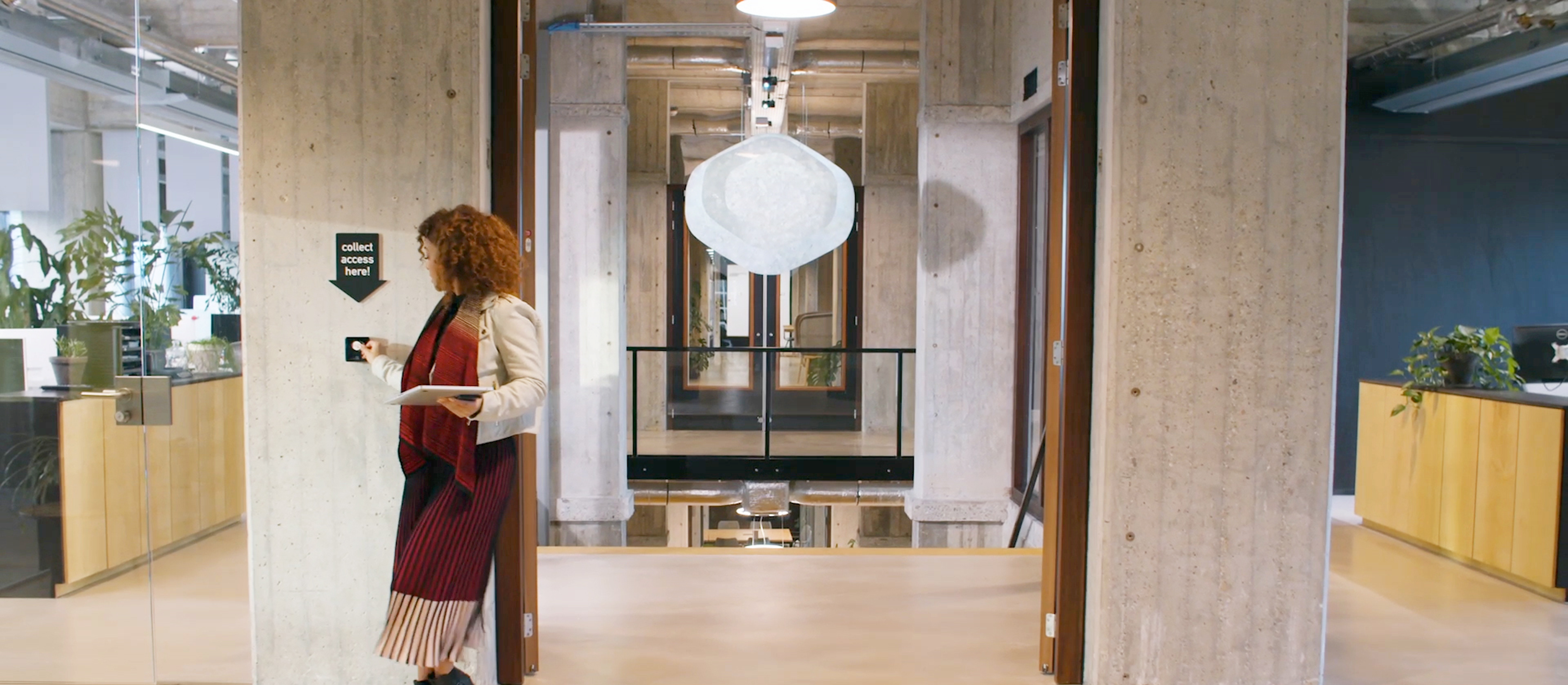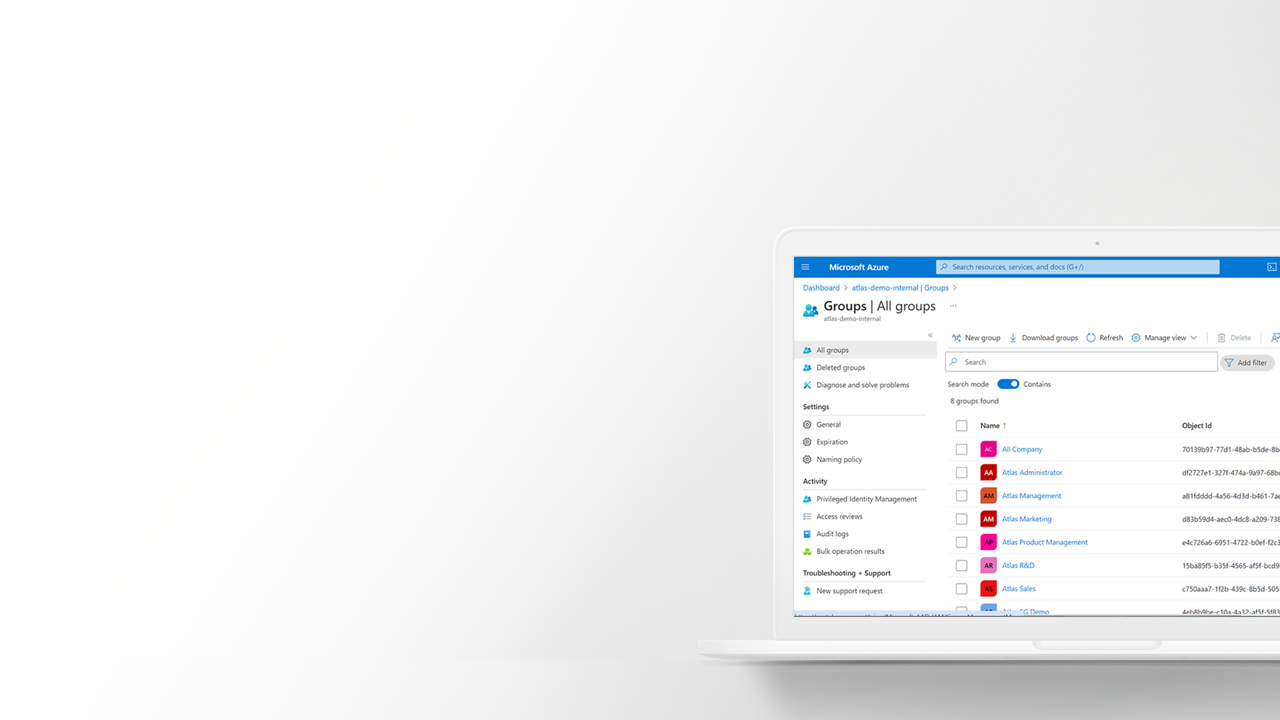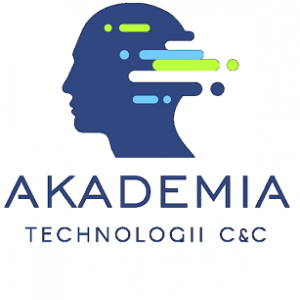Technology plays a crucial role in providing security and convenience. Remote key management saves time and money by eliminating the need for physical keys, which are easy to lose or can end up in the wrong hands. Traditional systems often require expensive lock replacements when keys go missing. Lack of control over access to specific areas leads to chaos and financial losses. With modern remote access management systems, we can avoid these problems while ensuring efficient control and security.
What is remote key management?
Remote key management systems allow you to control and monitor access to buildings, rooms, and other areas using wireless and internet technology. Our innovative key control system integrates seamlessly with Microsoft 365 and Microsoft Entra ID. This allows users to use mobile keys through the ATLAS Access app, eliminating the need for physical keys. With unique two-way communication between devices, a wide range of information (such as access rights, time limits, blocked key lists, and usage data) can be updated remotely and quickly shared between keys and door locks.

Benefits of remote access management
Convenience and flexibility
- Manage access remotely via smartphone or computer without the need for physical presence and key handovers.
Enhanced security
- Improved authorization mechanisms, such as biometric fingerprint scanners, facial recognition, and two-step verification.
Ease of administration
- Remote user management, activity monitoring, and immediate response to security incidents.
Scalability
- These systems can easily be adapted to the size and needs of a company, from small offices to large corporations.

Application examples
Offices and Corporations
- Remote management of access to office spaces, conference rooms, and employee areas. Employees can use their smartphones as keys, eliminating the need for physical cards or keys. Real-time monitoring and reporting allow for quick responses to unauthorized access attempts.
Hotels
- Guests can receive digital keys on their smartphones, eliminating the need for physical cards. These systems can integrate with hotel apps, allowing guests to book, check-in, and access rooms without interacting with front desk staff.
Schools and universities
- Control access to classrooms, libraries, and laboratories. Students and staff can use their student cards or mobile apps for access. These systems can also integrate with education management systems, allowing automatic access assignment based on class schedules.
Industry and warehouses
- Remote monitoring and control of access to warehouse and production areas. Integration with supply chain and inventory management systems allows for automatic tracking and control of access to resources and materials.
Residential buildings
- Residents can use mobile apps to open entrance doors and common areas. These systems can also integrate with home automation systems, enabling remote management and monitoring of building security.
Hospitals and medical facilities
- Control access to medical areas such as operating rooms, laboratories, and pharmacies. Medical staff can use ID cards or biometrics for access, ensuring high security and regulatory compliance.
Remote key management is a modern solution that brings numerous benefits in terms of security and convenience. With the integration of modern technologies, these systems become an indispensable element of contemporary buildings and institutions. Implementing such solutions not only improves security but also streamlines daily operations and brings real savings.
By adopting remote key management, organizations can achieve a higher level of protection and flexibility, which is crucial in a dynamically changing work environment.

